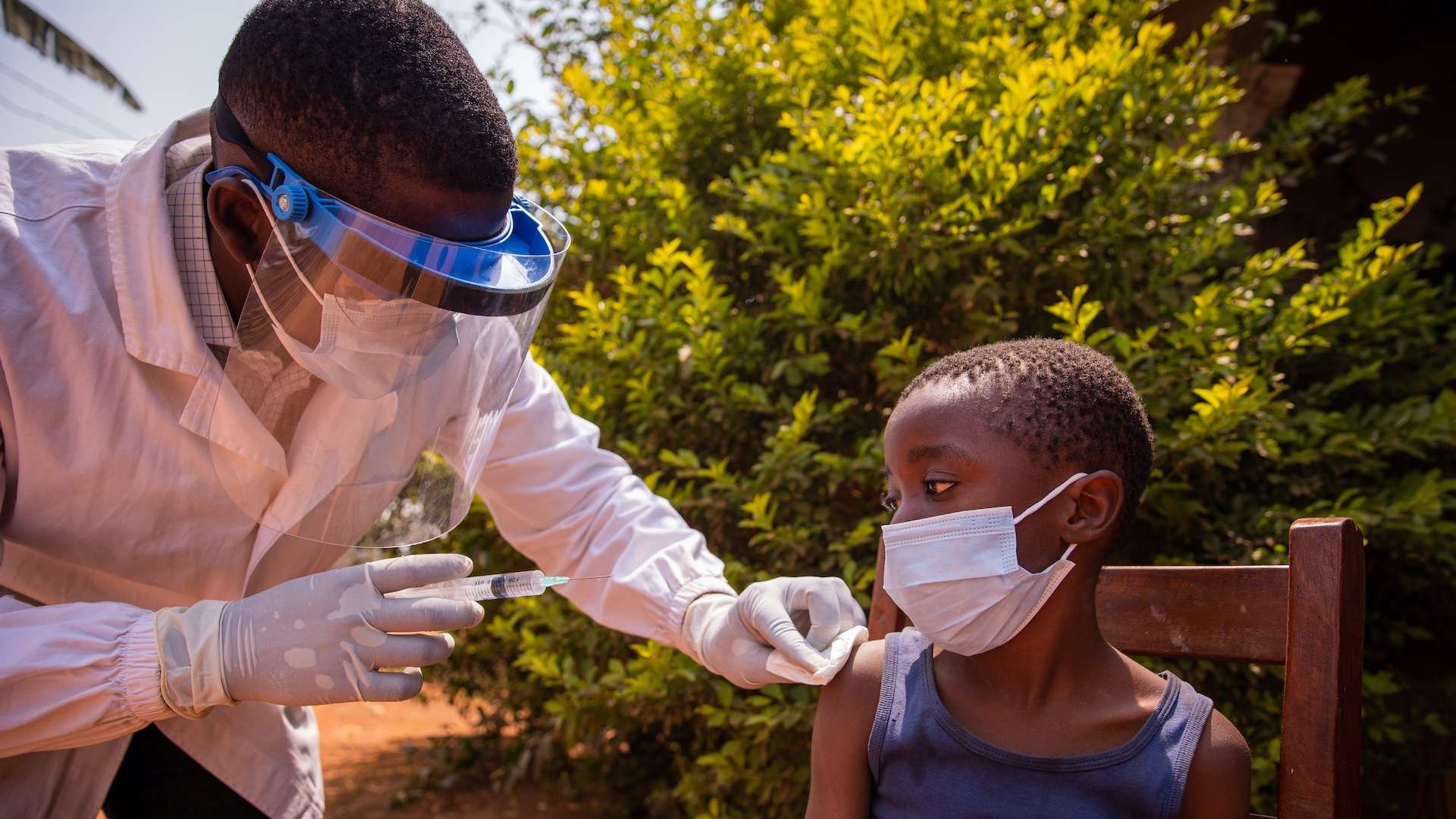African countries are strengthening their health systems to prepare for the next health crisis based on the experience of fighting COVID-19, WHO’s Africa director said. It is estimated that some of the 54 countries on the continent of 1.3 billion people lacked the infrastructure or the trained health workers required to adequately respond to the pandemic in early 2020. The World Health Organization’s Africa regional director, Matshidiso Moeti, said at an online briefing that some hospitals struggle to provide isolation wards and intensive care units.

Across Africa, the pandemic was “very difficult” for many health systems, but it was “an eye-opener for all of us to identify where the gaps were,” said Ahmadou Lamin Samateh, Gambia’s minister of health. According to the Associated Press, Samateh called for a global support system that offers more assistance and resources to countries experiencing challenges.
Even though Africa is still experiencing gaps in the availability of COVID-19 vaccines, Moeti, director of the WHO’s regional office for Africa, warned that there is still a lot of work to be done in order to sustain the gains made by this pandemic response. “As we move into the year 2023, it is time for COVID-19 to be brought out of emergency response mode and integrated into routine health care,” said Moeti.
